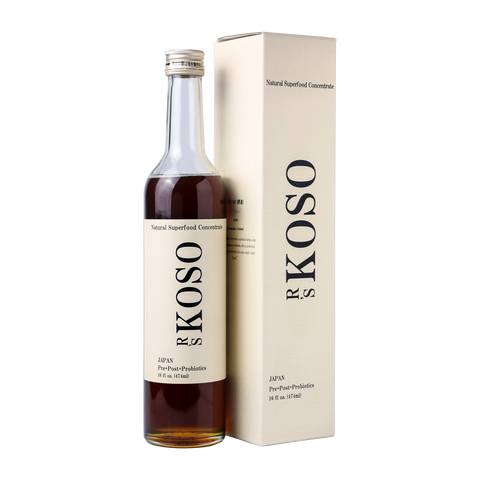In the quest for effective and holistic approaches to weight loss, adaptogens have emerged as intriguing natural remedies. Adaptogens are a class of herbs and plants that have been used for centuries in traditional medicine systems, particularly in Ayurveda and Traditional Chinese Medicine. Beyond their stress-reducing and energy-boosting qualities, recent research suggests that adaptogens could play a role in supporting weight loss efforts. In this blog, we’ll explore the connection between adaptogens and weight loss, shedding light on their potential benefits and how they might aid in achieving a healthier body.
Understanding Adaptogens
Adaptogens are unique in their ability to help the body adapt to stressors, whether they are physical, emotional, or environmental. They work by regulating the body’s stress response system, including the hypothalamic-pituitary-adrenal (HPA) axis and the sympathetic nervous system. This regulation can indirectly influence weight loss by reducing chronic stress, which is associated with weight gain due to hormonal imbalances, increased cravings, and overeating. By promoting a more balanced stress response, adaptogens create an environment conducive to healthy weight management.
Adaptogens and Cortisol Levels
One key mechanism by which adaptogens may support weight loss is through their impact on cortisol, commonly referred to as the “stress hormone.” Chronic stress can lead to elevated cortisol levels, which in turn can contribute to abdominal fat deposition and metabolic disturbances. Adaptogens like Rhodiola rosea, Ashwagandha, and Holy Basil have been studied for their potential to lower cortisol levels and modulate the body’s response to stress. By reducing cortisol levels, adaptogens could help mitigate stress-related weight gain and promote a healthier distribution of body fat.
Boosting Energy and Physical Performance
Weight loss journeys often involve dietary restrictions and increased physical activity. Here, adaptogens can play a supportive role by enhancing energy levels and physical performance. Increased physical activity not only aids in burning calories but also contributes to improved metabolism and overall well-being.
Aiding Hormonal Balance and Craving Control
Hormonal imbalances can be a significant barrier to weight loss. Some adaptogens have been shown to regulate hormonal levels, potentially benefiting individuals with conditions such as thyroid dysfunction or polycystic ovary syndrome (PCOS). Furthermore, some adaptogens have demonstrated the ability to reduce sugar and carb cravings, helping individuals stick to their dietary goals. By promoting hormonal balance and reducing cravings, adaptogens contribute to a more successful weight loss journey.
Conclusion
While adaptogens are not a magic solution for weight loss, their unique properties make them worthy allies in the pursuit of a healthier weight. By supporting stress reduction, cortisol control, energy enhancement, and hormonal balance, adaptogens offer a comprehensive approach to weight loss that goes beyond diet and exercise alone. Ultimately, by harnessing the power of adaptogens, individuals can embark on a holistic and well-rounded journey toward achieving and maintaining a healthier weight.
R’s KOSO is made with varieties of Japanese herbs. Many of them have been used for medicinal uses for centuries and they have been known to help our bodies manage stress and restore balance after a stressful situation. R’s KOSO could support weight management by helping reduce stress, balance hormones, and increase energy owing to the herbs and gut-supporting nutrients such as prebiotics, probiotics, postbiotics, and polyphenols it contains.
Here is the list of herbs R’s KOSO contains; plantago, dandelion, kumazasa, clover, aucuba, chickweed, saxifraga stolonifera, agrimonia pilosa, achyranthes bidentate, horsetail, Japanese knotweed, water dropwort, mugwort, persimmon leaf, pine needles, cedar leaf, hiba, goji leaf, and mulberry leaf.
Let’s get started!



